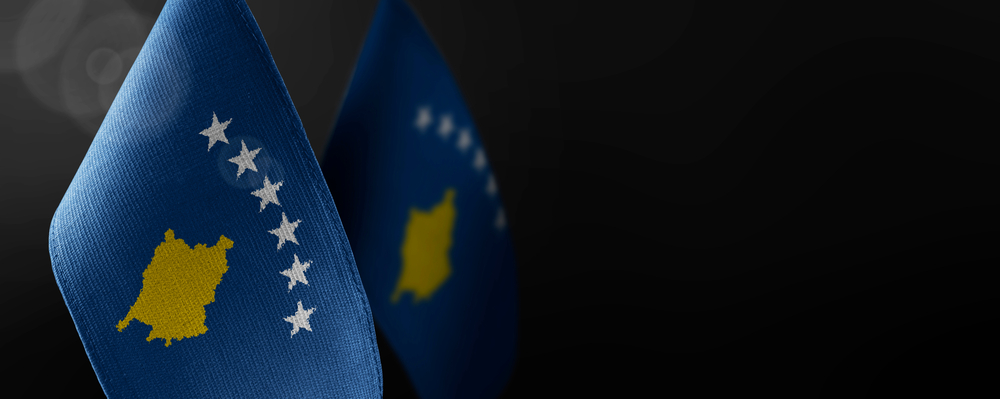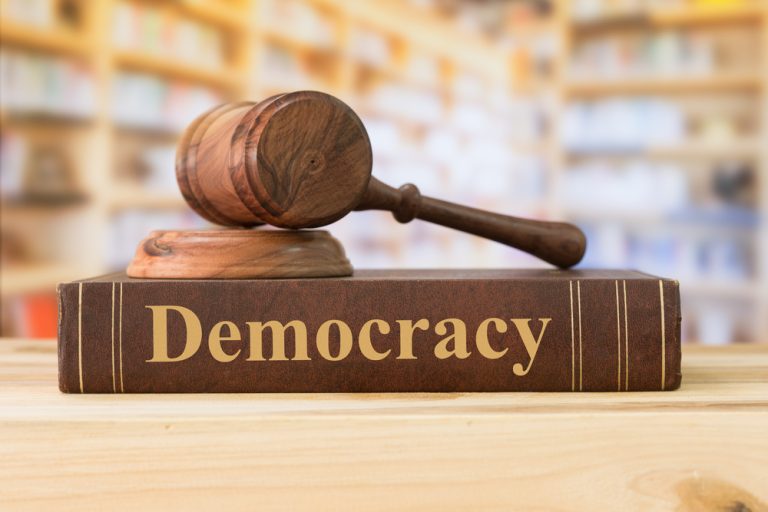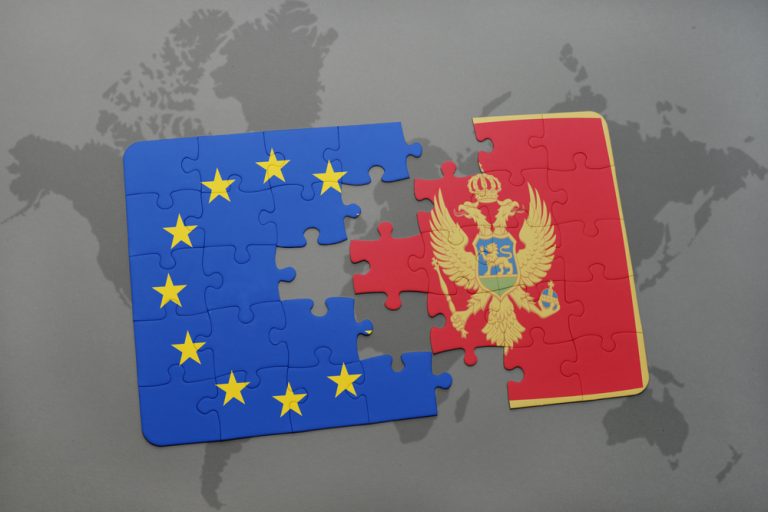
Is the West losing control of Kurti?
On May 26, clashes between Serbs and “Kosovo police officers” broke out in several municipalities in northern Kosovo and Metohija. The Kosovo Force (KFOR) peacekeepers had to intervene. The confrontation that began marked a new escalation from the streets of the Balkan province to the high offices of Western officials.
On Friday, May 26, Serbia was expecting the “largest rally in the country’s history” in support of the state. Buses of associates of Aleksandar Vucic and the Serbian Progressive Party began arriving in Belgrade as early as the morning, preparing for the evening event. However, in the afternoon news broke that in the municipalities in the north of Kosovo, the local Serbs were in a violent confrontation with the Albanian “police” of the province, as well as with the ROSU “special forces”. It turned out that the citizens of Leposavic, Zubin Potok and Zvecan blocked the administrative buildings refusing to let new mayors enter them. On April 23, elections were held in the municipalities, ostentatiously sabotaged by the overwhelming majority of Serbs living there. The residents wanted to attract international attention to the problems of the Serbian population in Kosovo. However, the western handlers of the separatist Albanian regime were satisfied with the electoral farce. The “victory” of the new mayors on the basis of 1,579 votes out of 45,000 did not embarrass the champions of true democracy. After that, the Serbs resorted to trying to draw attention to the fact that the elections were illegitimate. Pristina officials blocked in Zvecan, Zubin Potok, and Leposavic called on the “police” to help. Fierce clashes broke out, in which KFOR peacekeepers had to intervene. The conflict continued intermittently through the weekend, dying down on Monday night. In an address to the nation, Aleksandar Vucic announced that 52 Serbs had been wounded. In addition, there were 41 KFOR fighters wounded.
The Serbs gave an ultimatum to the Albanians: they were to leave the illegally occupied administrative buildings of the “mayors” and the “police” and to release the citizens who had been detained during the clashes. The inhabitants did not object to KFOR peacekeepers occupying them, and eventually they did. Barbed wire fences were erected around the municipal buildings, and soldiers of the international contingent set up roadblocks at the main junctions. The resolution of the conflict moved “upstairs” from the streets of Kosovo’s cities to politicians and diplomats.
The president and members of the Serbian government hurried to express their regrets to the representatives of the countries whose peacekeepers had been injured in the clashes. Curiously, this time the scales in the diplomatic battle were on the side of the Serbs. The U.S. responded harshly to “Prime Minister” Kurti by excluding Kosovo from participation in the international exercise Defender Europe 23.

The Albanians’ obvious miscalculation was, of course, that fully staffed “special forces” units went into battle against unarmed Serbs. There were subsequently enough peace rallies in front of the municipal buildings, with Serbian children playing with KFOR fighters and adults having tug-of-war contests with the soldiers. The world community was presented with a “picture” of peace-loving Serbs and aggressive Albanians, which was in keeping with the reality of the province for many years. It seems that for the first time the West could see it.
Thus, the “best friend of the Albanians”, the U.S. ambassador to Serbia, Christopher Hill, stated that there were problems in relations with Kurti, who could not be counted on as a partner. Under pressure from the West, the Pristina separatists even agreed to pull back and hold new elections in the Serbian municipalities. Deputy Assistant Secretary of State for European Affairs Gabriel Escobar insists that the “government” of the self-proclaimed Kosovo must comply with the Brussels and Ohrid agreements. On the one hand, these are bondage documents, which give Kosovo all the attributes of statehood and force Serbia to recognize this fact. On the other hand, there is a small concession for Belgrade in the “settlement plans” imposed by the European officials – the creation of the Community of Serb Municipalities. This unification will be applied to the localities with compact settlements of the Serbian majority in the north of the province. But the Albanians are demonstrating that they are unwilling to implement this point, despite Serbia’s huge concessions. In the Serbian society, even this option is perceived as a “pyrrhic victory”, but Kurti is trying to take it away from Aleksandar Vucic as well. This fact strongly irritates American and European officials who need the freedom of the Albanian separatists and use it only to a certain extent. The statement of the Prime Minister of Albania Edi Rama about the necessity of forming the Community of Serb Municipalities, made by him, obviously, at the request of Western representatives, also testifies to it.
However, the effectiveness of Kurti’s “public flogging” is questionable. On June 13, a Serbian kickboxing coach was detained by the “police” in Kosovska Mitrovica without any clear reason, which expectedly caused new popular unrest. There are two options: either the West portrays “concern and indignation” in order to reassure the Serbian society for which Kosovo is one of the most important national issues, or the separatists, led by Kurti, are finally out of the control of Brussels and Washington.

